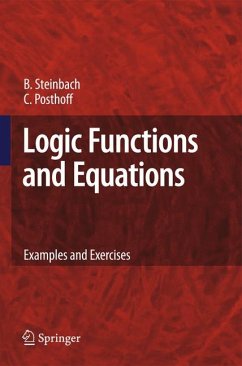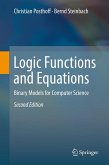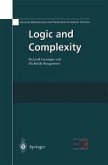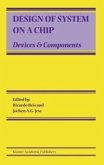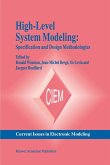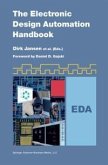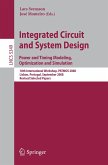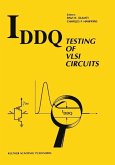The field of binary Logics has two main areas of application, the Digital Design of Circuits (related to Electrical Engineering) and Propositional Logics (related to Mathematics, Artificial Intelligence, Complexity etc.). In both cases it is quite possible to teach the theoretical foundations and to do some exercises, but in both cases the examples that can be done in class and by hand are far away from examples that are relevant for practical problems. Therefore a software package called XBOOLE Monitor will be made available (downloadable, without additional fees), and the exercises given in Logic Functions and Equations can be solved by using this software package - in this way it is possible to solve a lot of relevant problems and to study the solutions based on this software.
The whole approach is based on the single and unique concept of Boolean Equations and Ternary Vectors as the basic data structure which makes it also easy to follow these ideas very easily, because the wide range of problems and solutions will be based on these two concepts.
The whole approach is based on the single and unique concept of Boolean Equations and Ternary Vectors as the basic data structure which makes it also easy to follow these ideas very easily, because the wide range of problems and solutions will be based on these two concepts.
Dieser Download kann aus rechtlichen Gründen nur mit Rechnungsadresse in A, B, BG, CY, CZ, D, DK, EW, E, FIN, F, GR, HR, H, IRL, I, LT, L, LR, M, NL, PL, P, R, S, SLO, SK ausgeliefert werden.
From the reviews: "The authors have developed a logic system called XBOOLE which performs logical operations on the given functions, helping the readers to solve the problems given in the book. Many examples and complete solutions to the problems are shown, so the readers can study at home. ... This book, allowing to learn from examples is very useful not only for the students, but also the professors." (Ioan Tomescu, Zentralblatt MATH, Vol. 1166, 2009)

